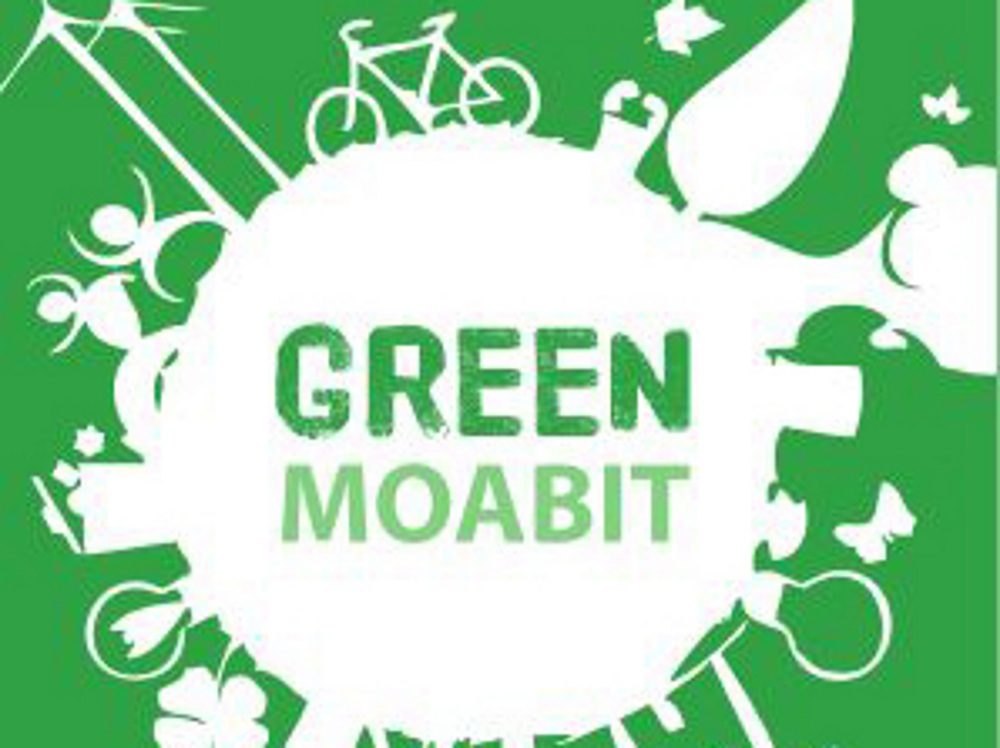District development concept Green Moabit

Project description
Project period 02.01.2012 – 31.12.2012
District development concept Green Moabit
The aim of the project is to support Moabit West, the largest inner-city industrial area of Berlin situated in the direct neighbourhood of residential blocks, on its way towards a liveable and sustainable inner-city commercial and industrial area.
In 2In 2012 and 2013 there is an approach of sustainable urban planning being adopted in Moabit West, the largest inner-city industrial area of Berlin situated in the direct neighbourhood of residential blocks, in close cooperation with local players (companies, property owners, residents and the community). It analyses the potentials for sustainable climate protection, develops resulting measures, and takes concrete steps to ensure its implementation.
For this purpose, the district development concept Green Moabit is being developed. It deals with the networking of local stakeholders, primarily of companies to enhance synergetic effects regarding ecology and economyEspecially the fields of energy, water, waste, traffic, education and social affairs as well as public and private open spaces are tackeled to headtowards a model area adapted to the local climate.
The aim of the project is to support Moabit West on its way towards a liveable and sustainable inner-city commercial and industrial area using the label „Green Moabit“.
The The project master plan is based on two phases: 1) the potential analysis and 2) the derivation of an action plan. Phase one potential analysis will be completed during the first half of 2012; while phase two commences during the summer of 2012 until the end of 2013 and includes details of measures to be applied for both public authorities and companies in the project area.
Tasks
The RLI is in charge of the scientific monitoring of the project, while the SUSTAINUM Institute for Sustainable Business is responsible for the project management for the creation of the district development concept Green Moabit. Additional partners are in charge of other fields of action including traffic, urban development, water, waste and energy.